Introduction
In the fast-evolving landscape of healthcare design, one element gaining popularity is privacy glass. This article aims to demystify the installation of privacy glass in clinics, addressing common questions and concerns.
What is Privacy Glass?
Privacy glass, also known as smart glass, is a high-tech solution that can switch between transparent and opaque states with the click of a button. It adds versatility and privacy control to clinic spaces, enhancing patient confidentiality.
Benefits of Privacy Glass
Privacy glass offers several advantages, including:
- Enhanced patient confidentiality
- Flexibility in space utilization
- Aesthetic appeal
- Energy efficiency
Why is Privacy Important in Clinics?
Maintaining patient privacy is a cornerstone of healthcare ethics. Privacy glass ensures confidential discussions and examinations, fostering a sense of security among patients.
Choosing the Right Type of Privacy Glass
Privacy glass comes in various types, each offering unique features and benefits. Choosing the right one for your clinic involves considering factors such as budget, aesthetic preferences, and intended functionality.
Static Privacy Glass:
Static privacy glass, also known as switchable glass, is a popular choice. It transitions between transparent and opaque states with the flip of a switch. This type is ideal for spaces where on-demand privacy is crucial, such as meeting rooms or consultation areas.
Electrochromic Glass:
Electrochromic glass is another dynamic option. It utilizes a low-voltage electrical current to change its tint. This type of privacy glass provides flexibility in adjusting transparency levels, allowing for real-time control over the amount of light and visibility.
Liquid Crystal Privacy Glass:
Liquid crystal privacy glass is a versatile choice that can be customized to meet specific design requirements. It operates by applying an electric current to align liquid crystal molecules, creating transparency or opacity. This type is often chosen for its ability to achieve various visual effects.
PDLC (Polymer Dispersed Liquid Crystal) Glass:
PDLC glass is a technologically advanced option that uses microscopic droplets suspended in a polymer matrix to control light transmission. It offers a high level of opacity when needed and is known for its quick transition between states.
Thermochromic Glass:
Thermochromic glass responds to temperature changes. As the temperature increases, the glass transitions to a more translucent state. While not as dynamic in user control, it is a passive system that adapts to environmental conditions, making it energy-efficient.
Photochromic Glass:
Photochromic glass darkens when exposed to sunlight and returns to a clear state when sunlight diminishes. While commonly used in eyeglasses, it can also be applied in architectural settings. It is a responsive solution that doesn’t require manual control.
Privacy Glass Films:
For a cost-effective option, privacy glass films can be applied to existing windows. These films use advanced technology to achieve the same level of privacy as other types of privacy glass. They are easy to install and can be customized based on specific requirements.
Considerations for Selection:
- Budget Constraints:
- Evaluate the budget allocated for privacy glass installation. While some types may be more expensive upfront, they could offer long-term benefits that justify the initial investment.
- Aesthetic Integration:
- Consider the design and aesthetic of the clinic. Some privacy glass types may better complement the overall interior and exterior appearance.
- Functionality Needs:
- Identify the specific areas in the clinic where privacy glass will be installed and assess the level of control needed. For instance, a waiting area may benefit from static privacy glass, while consultation rooms may require more dynamic options.
- Maintenance Requirements:
- Different types of privacy glass have varying maintenance needs. Consider the ease of cleaning and long-term care when making a selection.
Common Misconceptions About Privacy Glass
Is Privacy Glass Expensive?
Contrary to popular belief, privacy glass can be cost-effective. Initial investments are offset by long-term benefits such as energy savings.
Does it Compromise Natural Light?
Privacy glass is designed to balance privacy and natural light. It can be adjusted to allow ample sunlight while maintaining confidentiality.
Choosing the Right Contractor
Selecting a reliable contractor is crucial and that’s why you should consider Tecdur as your supplier. We specialise in innovative technology in the fields of glass solutions in privacy alongside protection.
We are not only a specialist specifier and manufacturer but we are also involved with a number of academic institutions in the development of cutting edge technology in materials and related work to develop other security and safety products.
Our experience, training and outlook provides engineered solutions to security and privacy problems with a number of our solutions exclusive to the customers that we have developed in partnership.
Conclusion
As clinics adapt to modern healthcare design, privacy glass emerges as a pivotal element. Its seamless integration ensures patient confidentiality without compromising aesthetics or functionality.
Who We Are
Tecdur is the leading manufacturer of smart glass for the UK and Ireland. Tecdur Switchable Glass provides the best clarity, lowest power consumption and lowest haze currently available. We can offer a wide range of specifications to meet project requirements with our switchable glass, cost is dependent on specification, application and design. Please get in contact with us to discuss further.
Please visit our portfolio for a look at completed projects. Keep up to date on our LinkedIn Showcase page
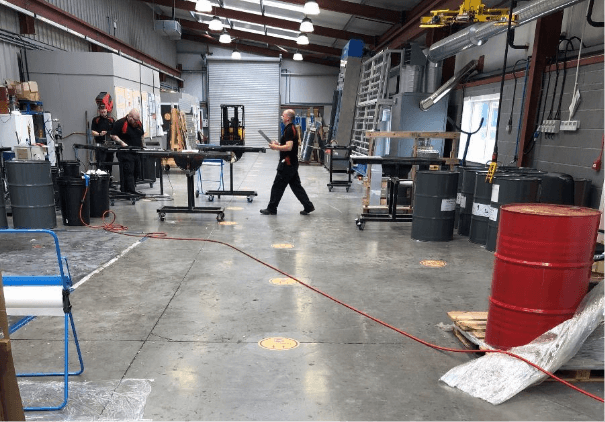
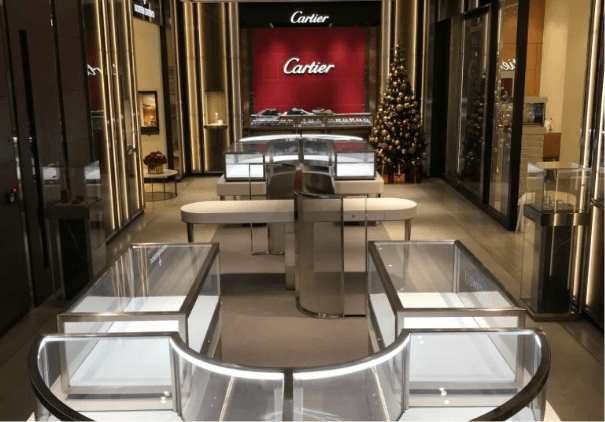
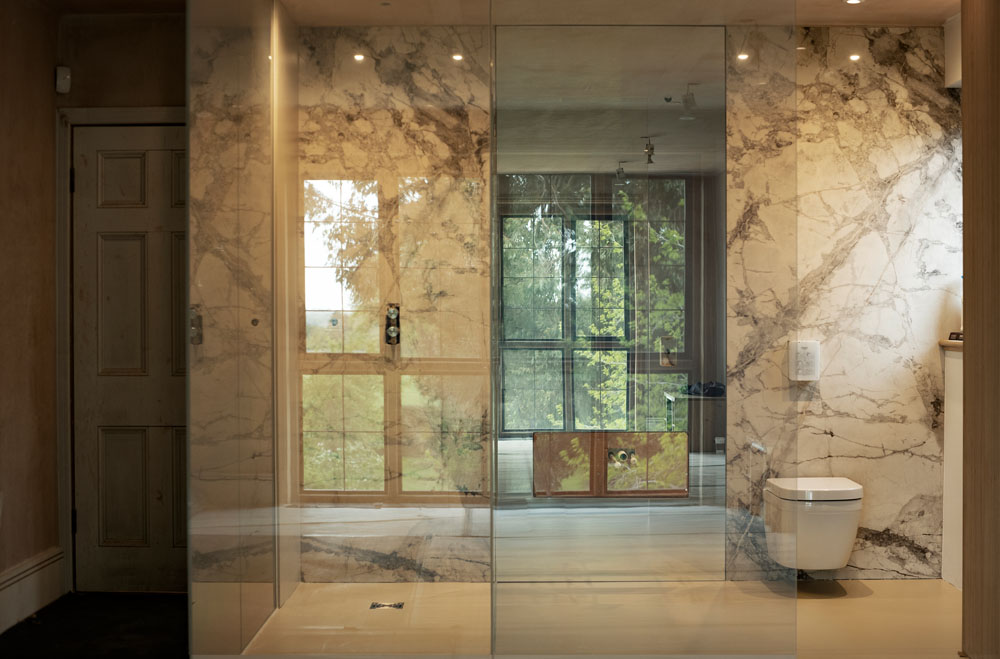
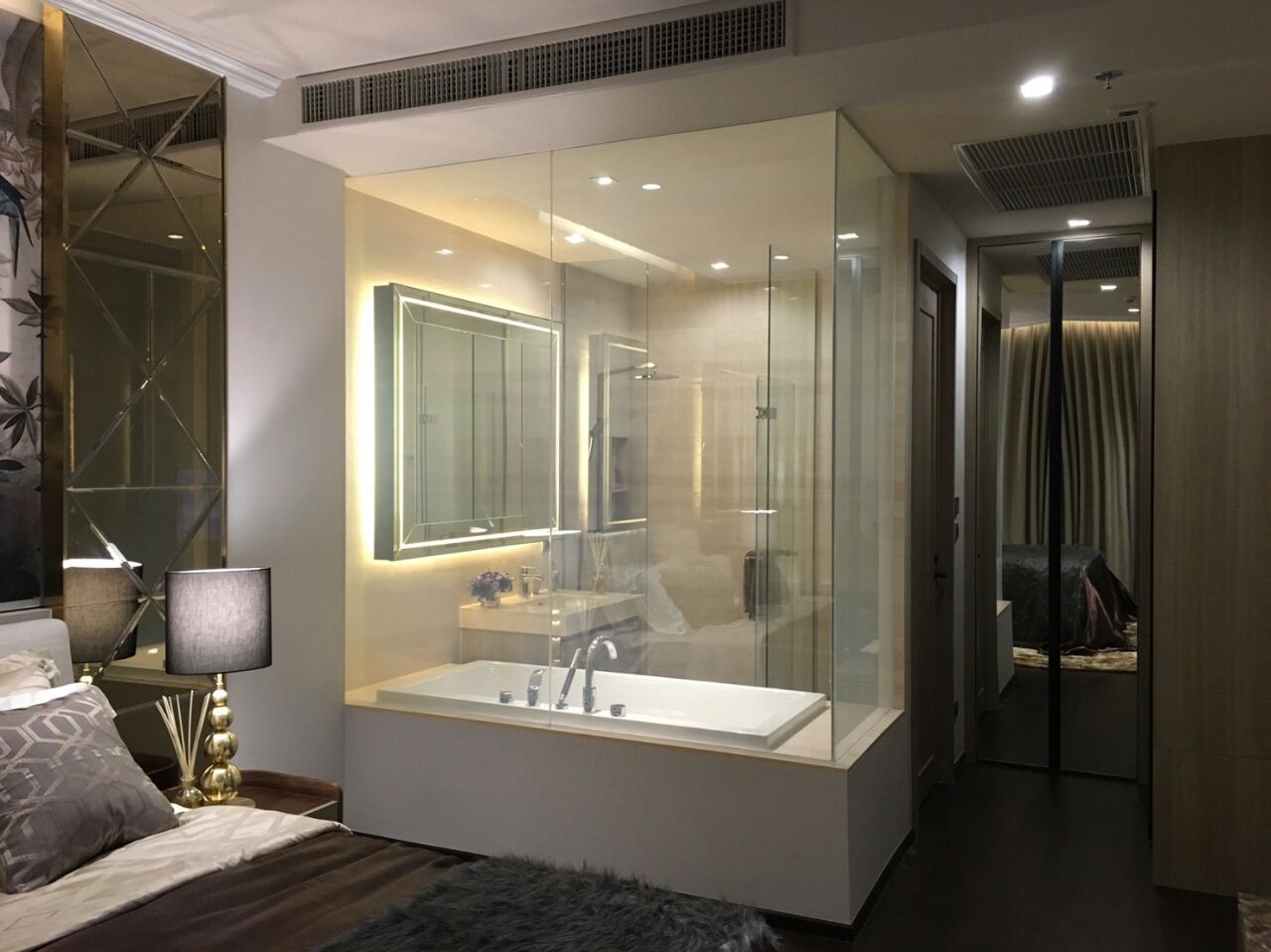
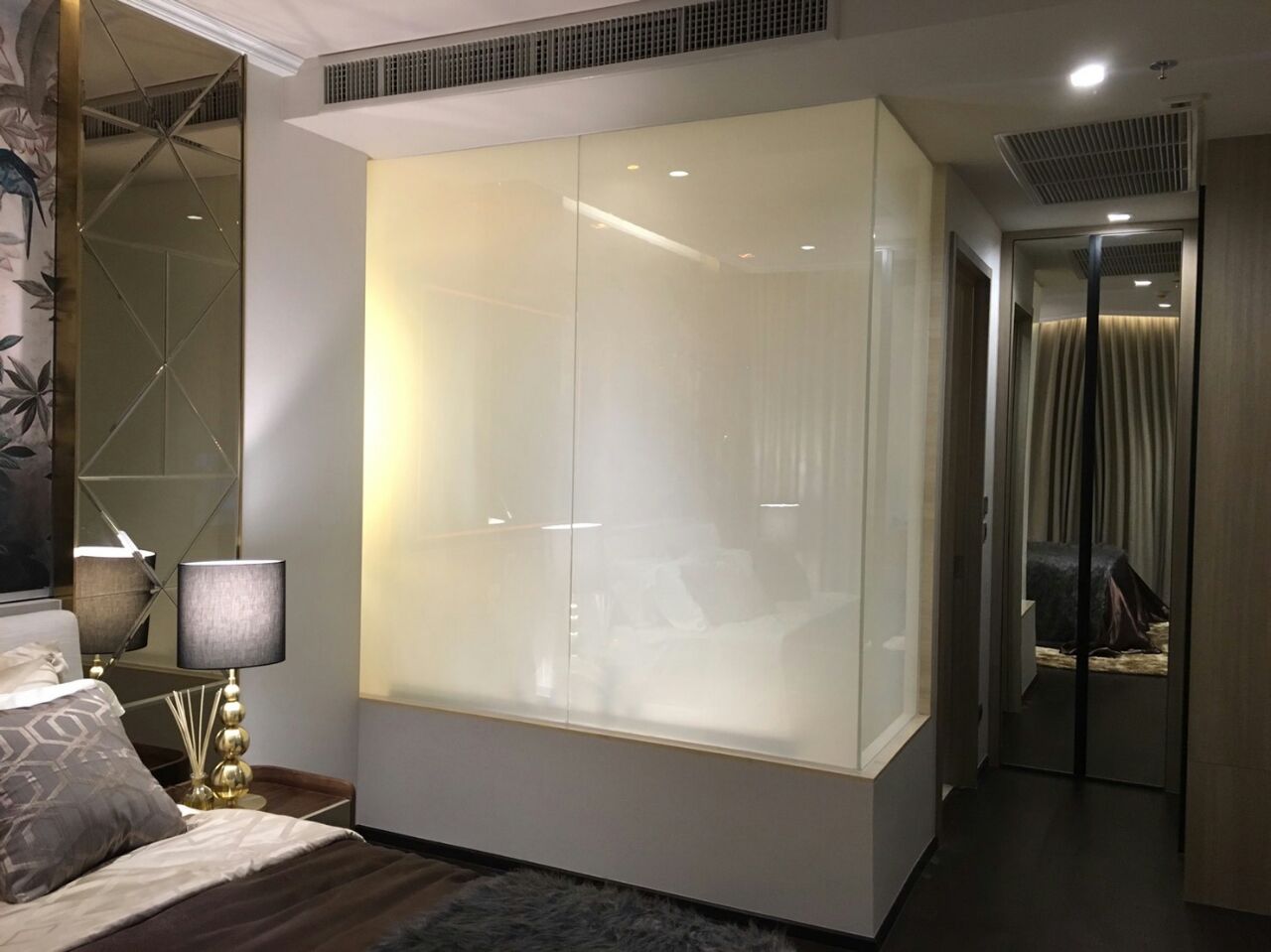
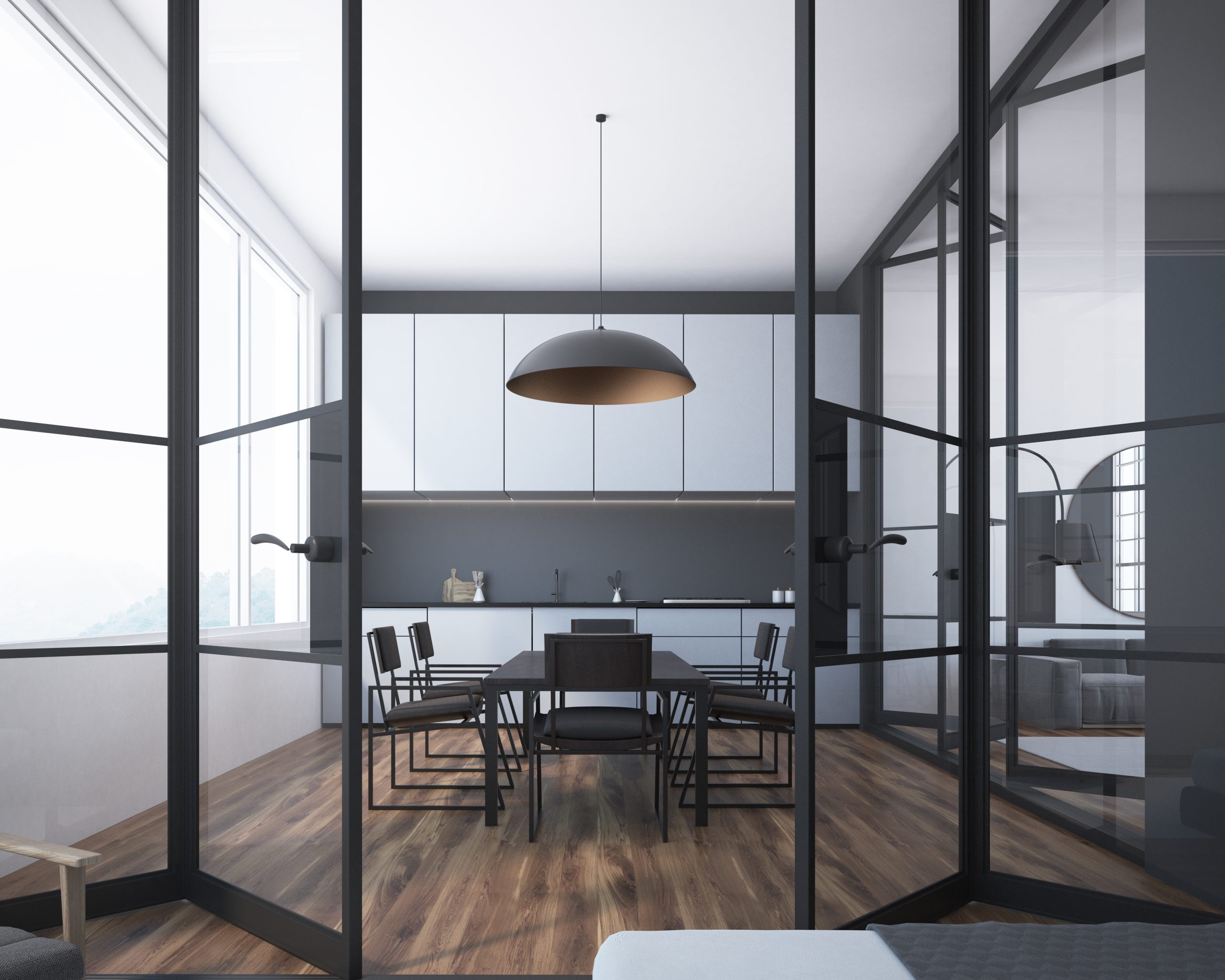
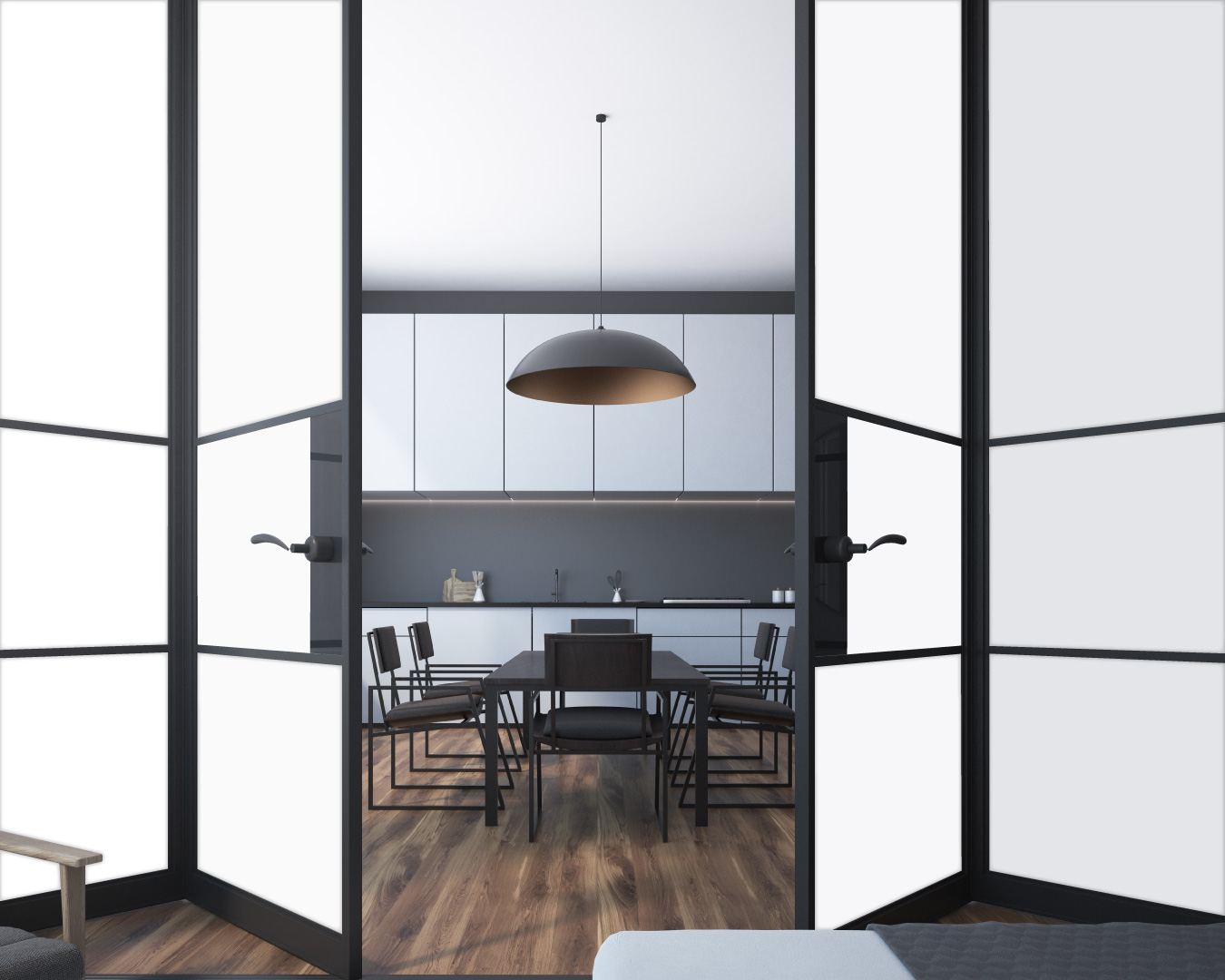
Frequently asked Questions
Our privacy glass works by utilising advanced PDLC (Polymer Dispersed Liquid Crystal) film. When an electrical current is applied, the liquid crystal molecules align, allowing light to pass through, making the glass transparent. When the current is switched off, the molecules mis-align, causing the glass to turn opaque or translucent, providing privacy.
Privacy glass, when enabled, reduces the need for artificial lighting, leading to energy savings.
Yes, privacy glass installations can be tailored to fit existing structures, making it a viable option for renovations.
Maintaining privacy glass is simple; regular cleaning with a mild glass cleaner is sufficient.
Absolutely, there are cost-effective privacy glass solutions that cater to varying budget constraints.
The installation time varies based on clinic size and complexity but generally ranges from a few days to a couple of weeks.




